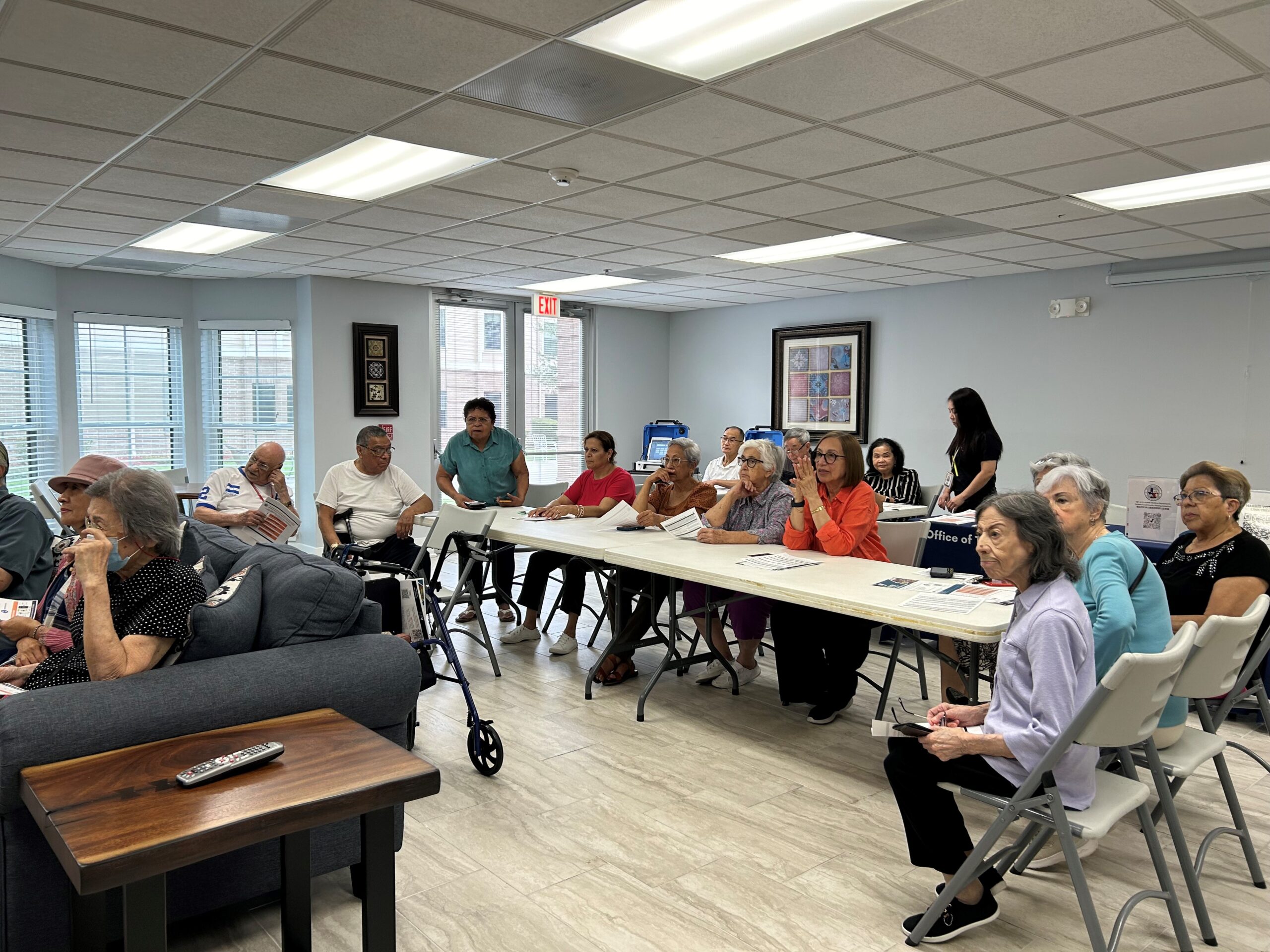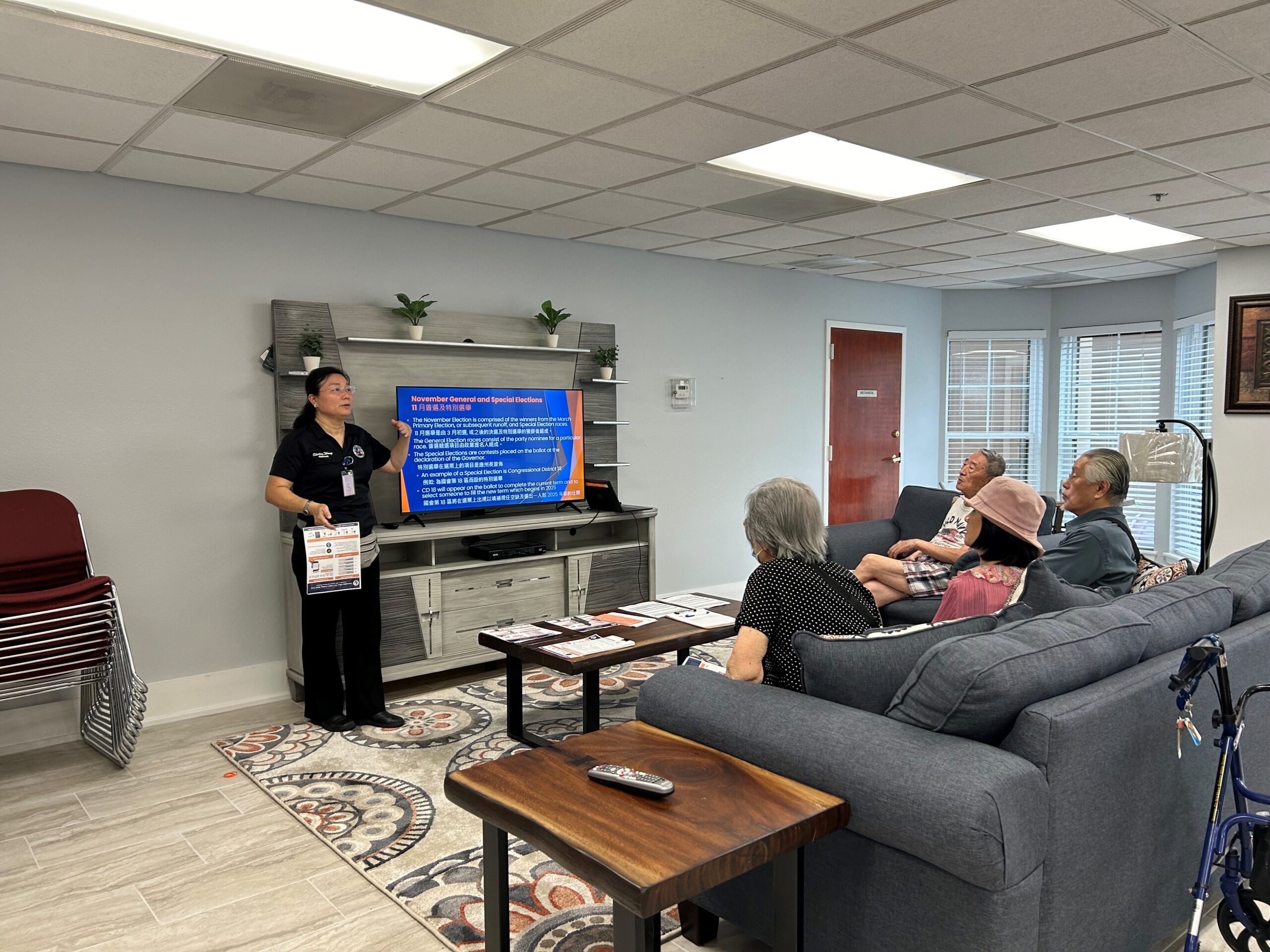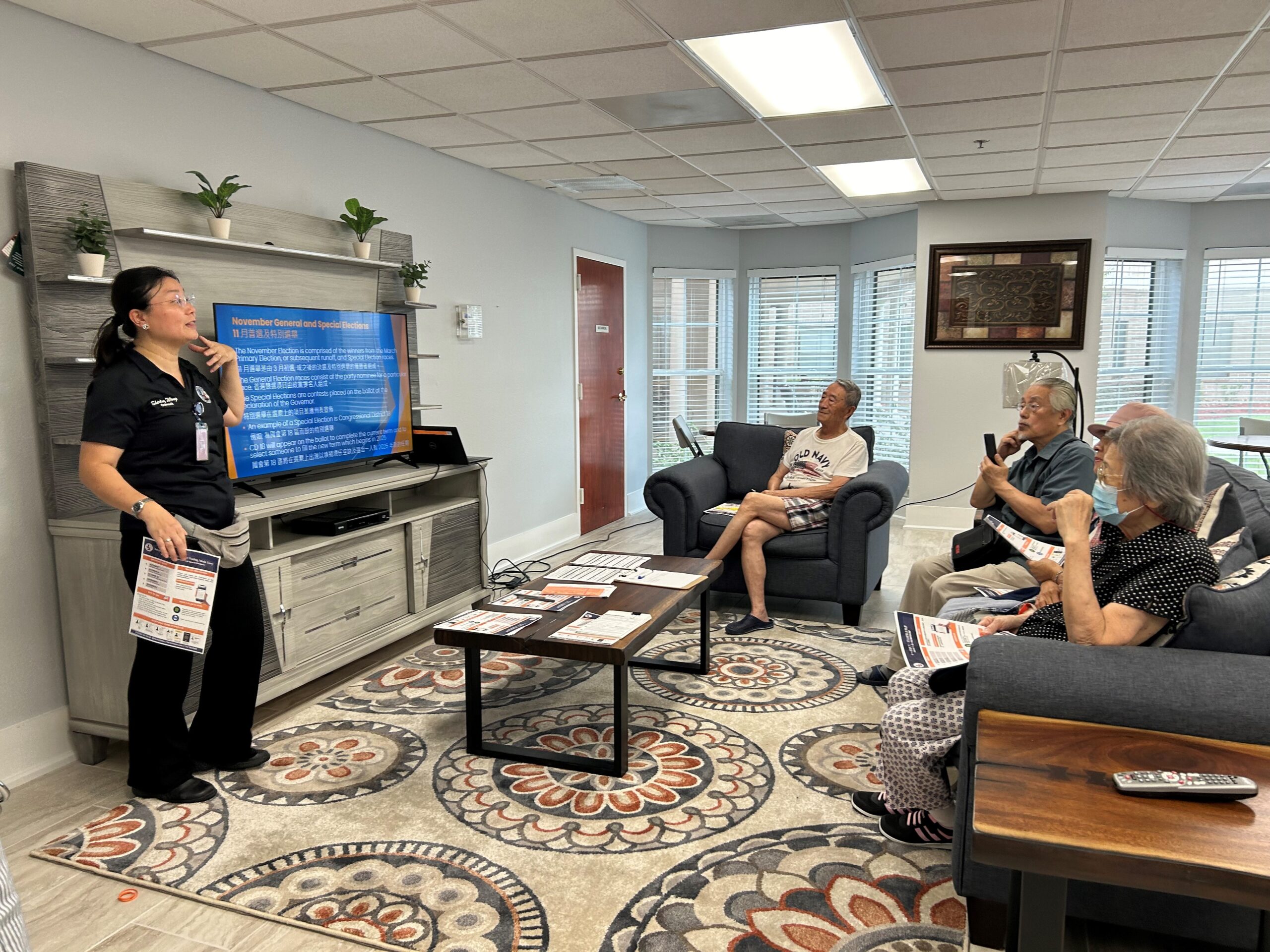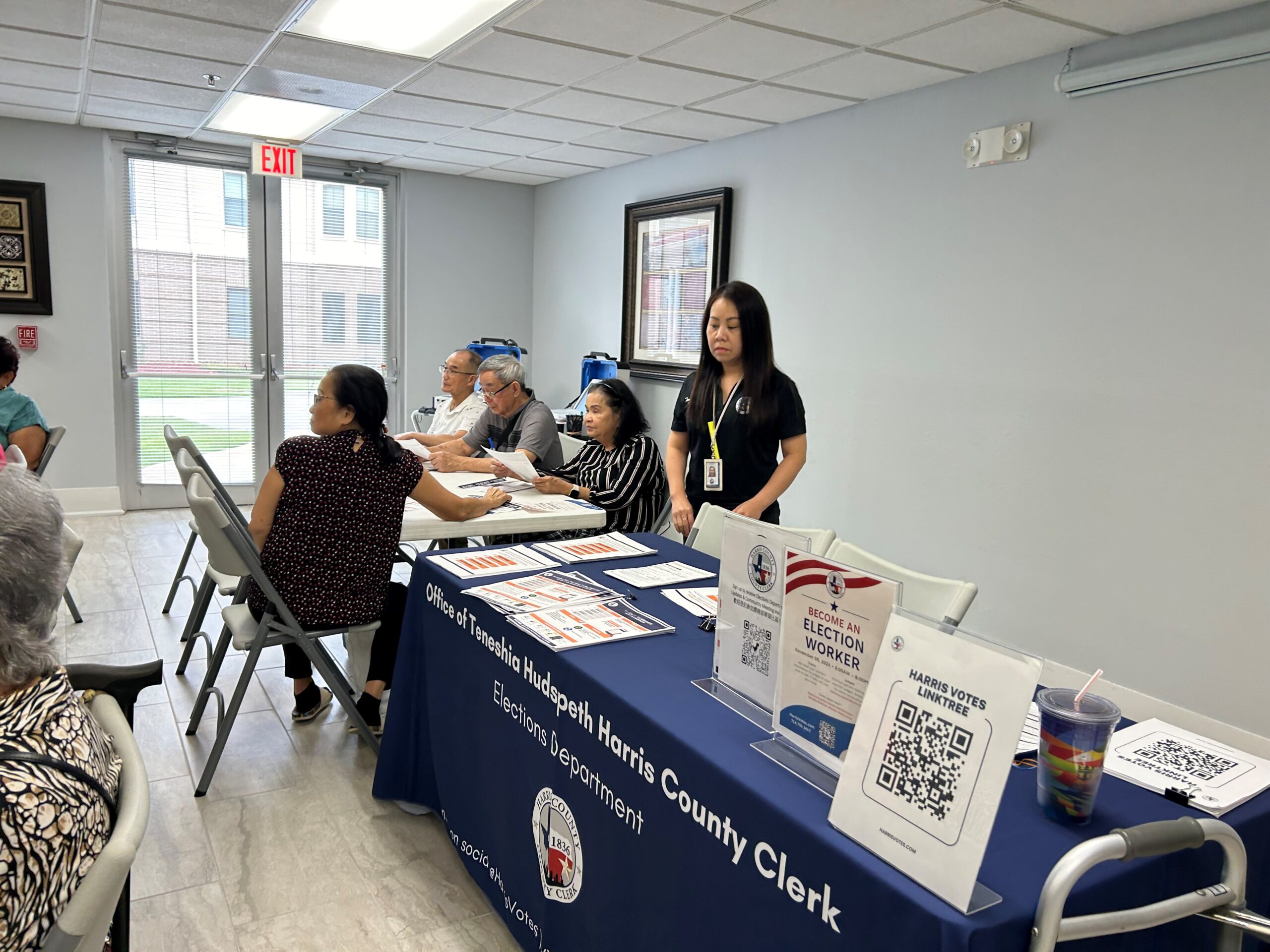October 17, 2024
The Importance of Voting for Older Americans
Voting is an essential right and responsibility that comes with being an American. It allows every individual to have a say in how their tax dollars are spent and their communities are governed. For older Americans, staying involved in the process is a way to help shape policies that affect healthcare, social security and other critical issues. With more than 57 million people over 65 in the U.S., older Americans represent a significant voting bloc– your voice matters!
Why Voting Matters
Older Americans face unique challenges like navigating healthcare while on a fixed income. Many of these complicated issues are addressed by federal, state, and local policies, which are shaped by the people we elect to office. By voting, older Americans can ensure their voices are heard on the matters that directly impact their well-being. By staying engaged with the democratic process, seniors stay connected to their community and continue contributing to its development. Voting is also a way for seniors to encourage future generations to stay involved though leading by example.
Accessing Voting Information and Resources
Staying informed about how and when to vote can be challenging as requirements vary from state to state. Those who need to register to vote, confirm their registration status or learn about different voting methods can visit non-partisan websites such as Vote.org or CanIVote.org. These sites provide state-specific information, including registration deadlines, polling locations, and absentee or mail-in voting procedures.
Many states offer accessible options for those who prefer to vote from home or are unable to visit polling locations, such as early voting or voting by mail. These alternatives are essential for those with mobility issues or health concerns, as they ensure that every eligible voter can participate in elections without facing physical obstacles.
Voting in Other Languages
Access to voting services in other languages is essential for those whose primary language is not English. To minimize language barriers, many election offices across the country can provide voting materials, ballots and assistance in various languages. Recently, during a voter workshop at AHEPA 29 Phases III and IV in Houston, Texas, residents were provided with Vietnamese, Chinese and Spanish voter education services from both the AHEPA Senior Living team as well as the Harris County Clerk’s office. Inclusivity ensures that all seniors, regardless of language proficiency, have the resources to make informed decisions and actively practice their right to vote.
Conclusion
Civic engagement is a key part of American citizenship. If you haven’t already, ensure you’re registered to vote and understand how to cast your ballot in your state. By staying informed and involved, everyone can continue to play a role in continuing to improve our great nation. For more information, visit non-partisan resources such as Vote.org, CanIVote.org, or contact your local election office to find voting options that work best for you. Whether at the polls, by mail or through early voting, your voice matters—make it count!




